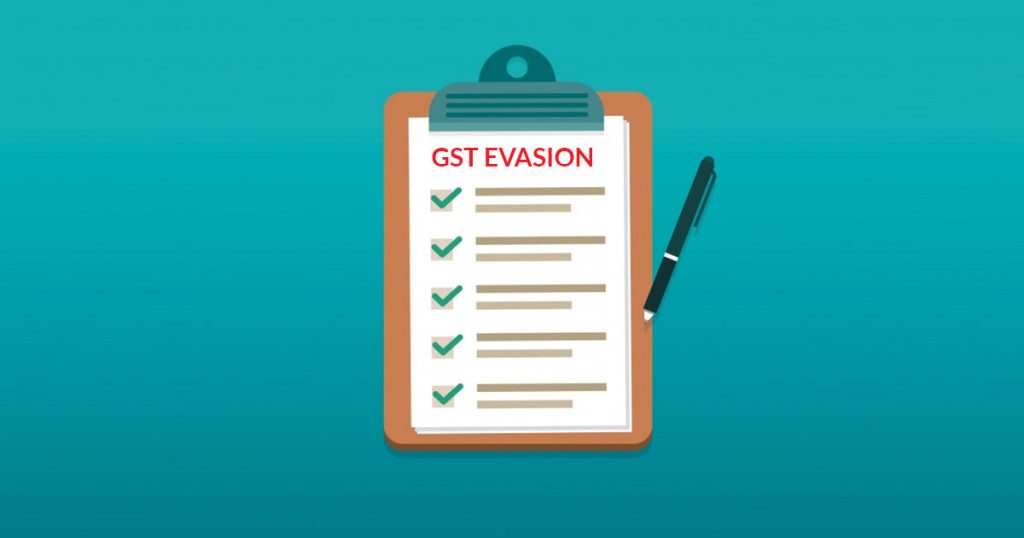
A challenging situation for the indirect tax department has emerged after the bail has been sanctioned to the promoters for circular trading by the High court.
The indirect tax department on their own motion had arrested many promoters for circular trading and evading GST (goods and services tax), however, Mumbai High Court granted bail to many of them because involvement in circular trading doesn’t necessarily mean tax evasion. This led to a situation when taxman may have to rethink and reformulate its arresting strategies.
“The GST officers have suo moto converted enquiries into criminal cases by arresting the promoters, which was seldom done under the earlier tax framework,” said Sujay N Kantawala, a high court advocate.
The indirect tax department sent notices to many shell companies in the month of February this year, seized their premises for allegedly inflating turnover via bogus invoices, and ultimately arrested these promoters. After this, these promoters made an appeal to the criminal bench of the Bombay High Court. As a consequence Bail was granted to different people in the past few weeks and the Bombay HC ordered an explanation from the department.
Indirect Tax Dept suspects that Shell Companies evade GST via circular trading & issue fictitious invoices. Different people have different perceptions regarding the issue as where some of the industry onlookers suspect that circular trading may be initiated to inflate turnover or for inducing the black money into the system, there at the other side tax experts highlighted the point that it is not certain that circular trading always accompany tax evasion and some of the genuine businesses are actually dealing with the problems on this count. Tax experts claimed that all the cases did not result in revenue losses for Taxman.
Read Also: GST: Is it Really A Tool To Check Black Money or Not?
“We have argued that the entire issue is based on the department’s assumption that the supply of goods should result in movement of goods,” said Abhishek A Rastogi, partner at law firm Khaitan & Co, who represented some promoters in their bail pleas.
“The legal principle of revenue neutrality comes into play. In case there is no loss of revenue, the proceedings cannot be non-bailable and cognisable.” He added
For instance, a Mumbai based company, involved in the trading of plastic goods, sold goods to a Pune based company, which sold the same goods further to a Bangalore based company. Now, the third company – the Bengaluru based sold the goods to the first which is the Mumbai-based firm. In the whole process, the goods were lying at a godown in Mumbai without any transfer from one place to another. However, the GST credits were paid on every single transaction. The series of sales assisted the firms to increase turnover and enjoy larger valuations and credits.
The indirect tax department started sending notices to various companies in the past few weeks, looking for the evidence of all the purchase and sale transactions including the bills. The department suspects that actual transaction is not taking place and several companies are simply preparing fake invoices in order to claim the input tax credit falsely.
Through the means of the Input tax credit, a company can set off the GST paid by them on purchases against future tax liabilities and the promoters of such companies had been arrested.
“This is clearly premature as determination of actual tax liability exercise is not carried out prior to arrest. This amounts to clear contempt of binding judgements,” Kantawala said
At present a squad of lawyers are seeking the reformations in a specific section of the GST law that deals with the arresting authorisation to the taxman and it is anticipated that a separate petition regarding the same could be introduced in the coming weeks.









